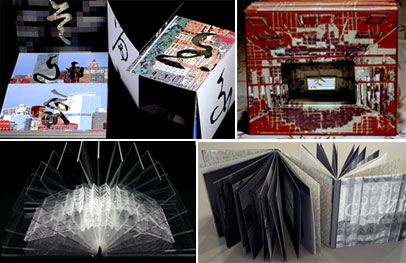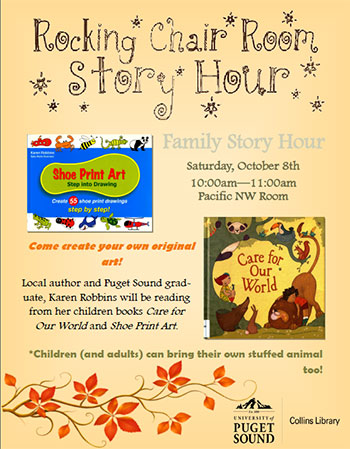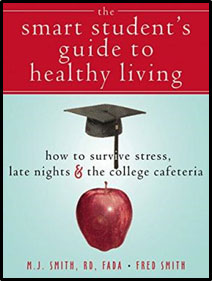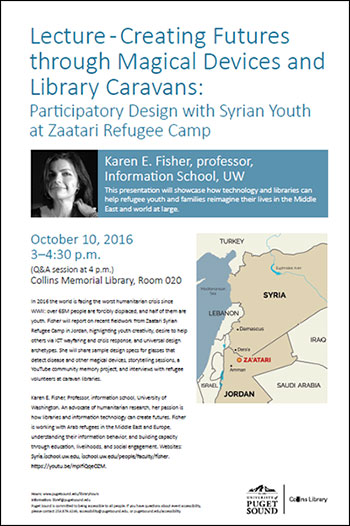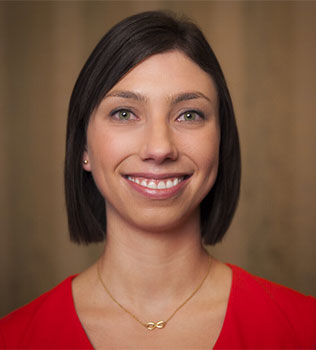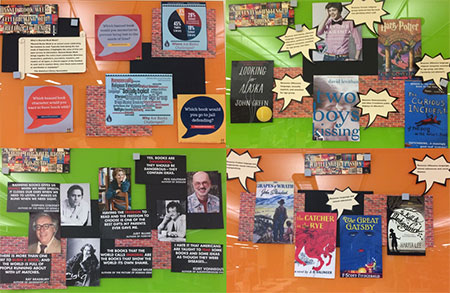
This week I had the pleasure of creating the display for Banned Books Week at Collins Memorial Library. Banned Books Week is an annual celebration of our intellectual freedom, highlighting equal access to literature of all kinds, regardless of any surrounding controversy. I had heard of Banned Books week before, though my exposure was limited to the occasional poster adorning the walls of my English classrooms in high school. It was only while researching banned books for this project, however, that I began to fully appreciate the role banned books played in my life.
While researching banned and challenged books for the library display I discovered that nearly every one of my favorite books, from John Green’s The Fault in our Stars, to John Steinbeck’s The Grapes of Wrath, had been banned or challenged at one point or another. Books are challenged for a myriad of reasons, everywhere from sexual references, explicit language, or even propagandizing, political messages. Whatever the reason, in most cases I noticed that the reasons a book was challenged were usually counterintuitive to what that book was actually about. For example, one of the most famously banned books, The Catcher in The Rye, was banned for both inappropriate language and sexual references. Never mind the fact that in context of the book as a whole Holden is actually criticizing the abundance of corruption in the world around him and wishes to preserve innocence all he can. The story is in no way championing sex or crude language, but because these challenges are based in fear and ignorance, people rarely take the time to actually read, let alone understand, the story they’re deeming as unsuitable for students. And therein lies the biggest problem with banning books, especially across schools and libraries, where a majority of books are challenged.
Not only does it violate another’s mode of artistic expression, but also it inhibits a student’s chance for intellectual exploration. Multiple studies have shown that reading is the primary way children and young adults develop their Theory of Mind, that is “the human capacity to comprehend that other people hold beliefs and desires and that these may differ from one’s own beliefs and desires” (David Comer Kidd and Emanuele Castano, Science Magazine, 2013), so by limiting the kinds of books available to students, you then in turn limit their capacity to empathize, understand, and relate to others.
Everyone is entitled to their opinions, but everyone is also entitled to form their own opinions for themselves. An individual can avoid all the “crude” and “filthy” literature they want, but they cannot impose their beliefs upon everyone else, especially those who have yet to develop their own beliefs and identities and who lack the authority to protect their freedom to read and to learn. Banned Books Week serves as a reminder to open our hearts and minds to stories we may not otherwise hear, or maybe even want to hear, but more than that, protecting everyone’s freedom to read and explore the vast reaches of our own humanity.
By Carlisle Huntington
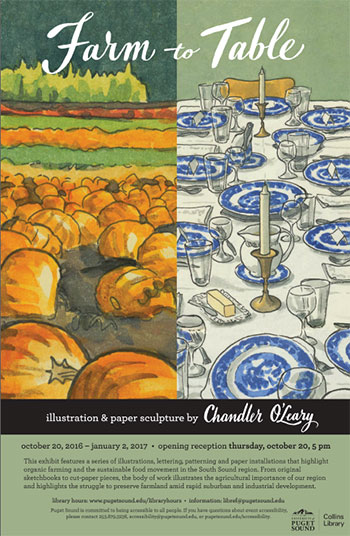 Exhibit runs October 20, 2016 –
Exhibit runs October 20, 2016 –
